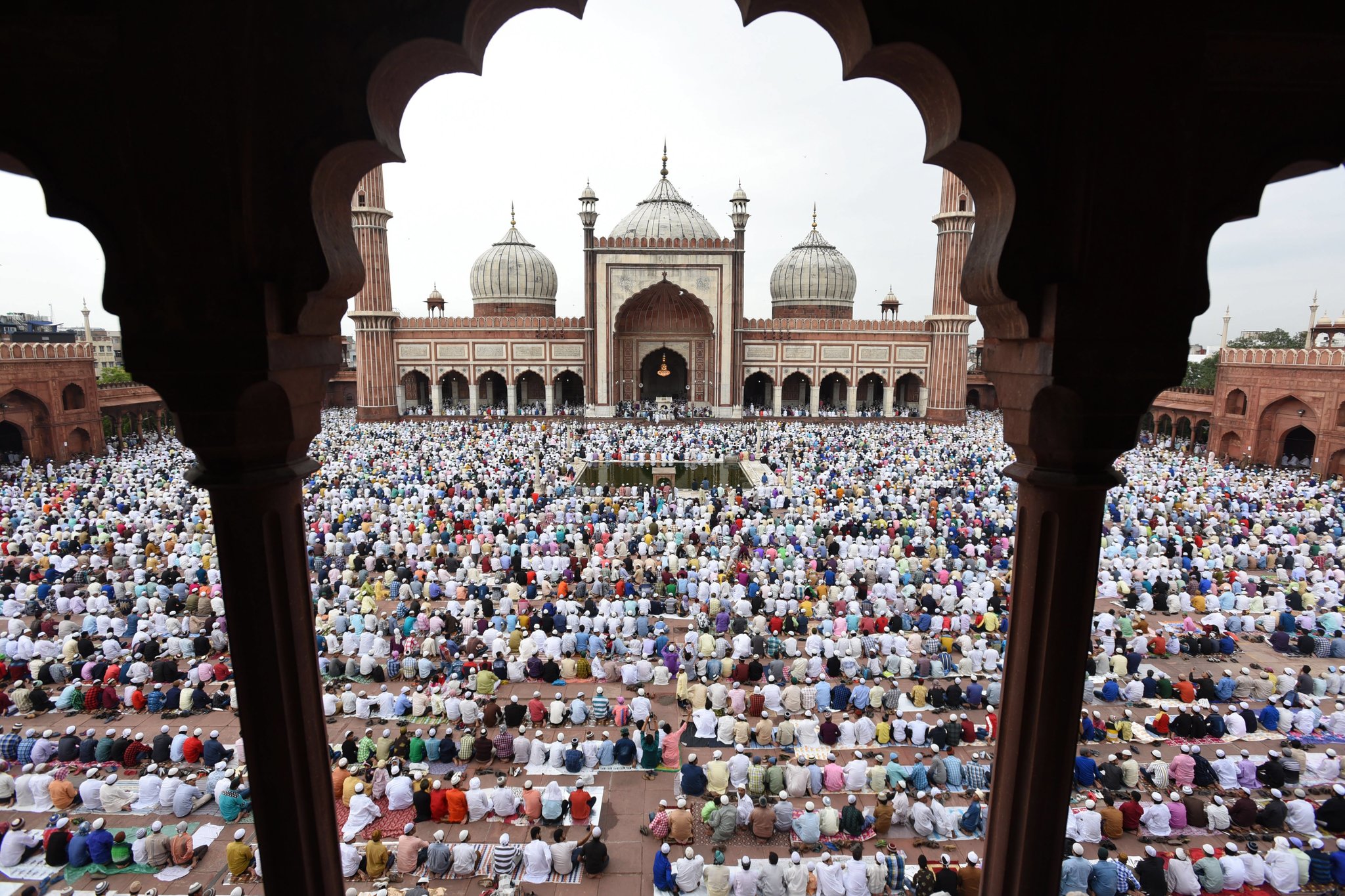The State of the Muslim World: A Critical Examination
Retired Lieutenant General Talat Masood, a prominent voice in the Pakistani military landscape, recently shared insightful perspectives on the current state of the Muslim world. In his analysis, he delved into the geopolitical dynamics involving countries like Saudi Arabia, Turkey, and India, offering astute observations on their roles and relationships.
Understanding the Evolving Dynamics in Saudi Arabia
In his assessment, General Masood sheds light on the evolving dynamics within Saudi Arabia. He underscores the kingdom’s shifting stance on regional and international affairs, highlighting its efforts to diversify its economy and reduce dependence on oil revenue. Moreover, he discusses the ambitious Vision 2030 initiative spearheaded by Crown Prince Mohammed bin Salman, which aims to modernize the Saudi economy and society.
Turkey’s Ascent on the Global Stage
General Masood also provides insights into Turkey’s emergence as a significant player in the Muslim world and beyond. He acknowledges Turkey’s assertive foreign policy under President Recep Tayyip Erdoğan, which has seen the country actively engage in regional conflicts and expand its influence in various spheres. Additionally, he discusses Turkey’s efforts to position itself as a bridge between East and West, leveraging its strategic location and historical legacy.
The Indian Example: Lessons and Challenges
Drawing parallels with India, General Masood elucidates the complexities facing diverse Muslim-majority nations. He references India’s secular democracy, highlighting the coexistence of multiple religious and ethnic communities within its borders. However, he also acknowledges the challenges of religious extremism and sectarianism that persist in the Indian context, underscoring the need for inclusive governance and social cohesion.
Navigating Geopolitical Challenges: A Call for Dialogue and Cooperation
In conclusion, General Masood advocates for dialogue and cooperation among Muslim-majority nations to address shared challenges and seize opportunities for development and progress. He emphasizes the importance of fostering understanding and mutual respect, transcending ideological differences and geopolitical rivalries. Ultimately, he envisions a Muslim world that embraces diversity, empowers its people, and contributes positively to global peace and prosperity.




